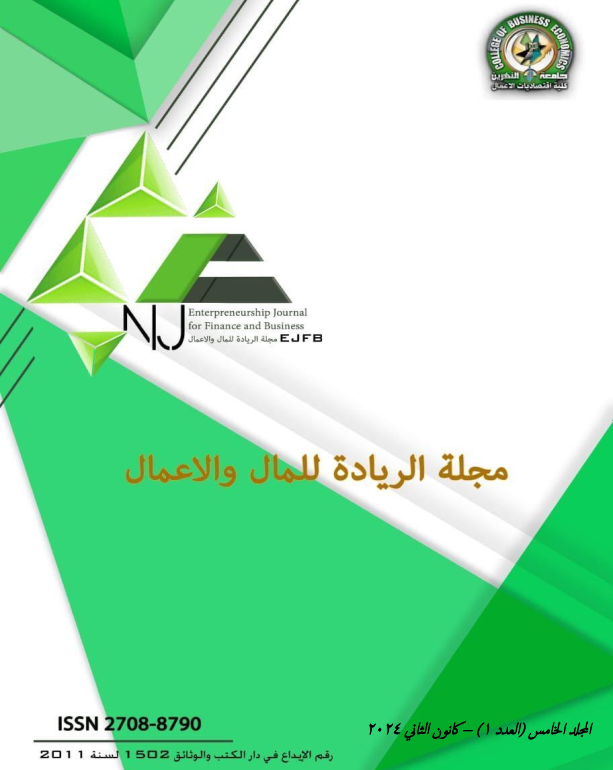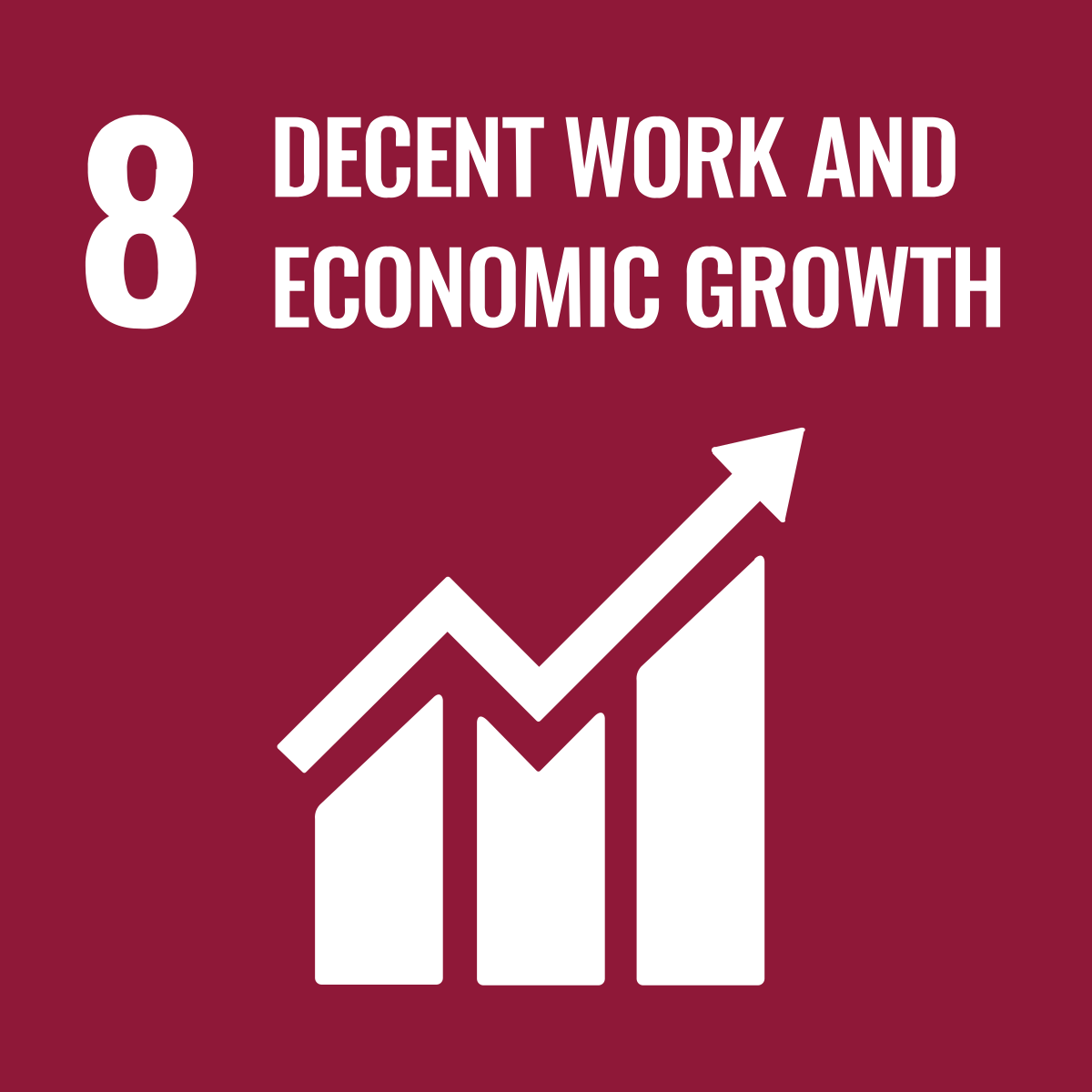The role of psychological ownerships' dimensions in deterring the effects of toxic leadership: Analytical research in some companies at the Ministry of Industry and Minerals in Iraq
DOI:
https://doi.org/10.56967/ejfb2024383Keywords:
psychological ownership, toxic leadership, Ministry of Industry and MineralsAbstract
The current research aims to clarify the role that psychological ownership, through its dimensions, plays in reducing the effects of toxic leadership, through its dimensions, in the Ministry of Industry and Minerals. The research started from a basic problem represented by the following question (using psychological ownership and its application in reducing the negative effects of toxic leadership), The researcher used the descriptive analytical method and used various statistical tools in the statistical program (SPSS V.23) to analyze the relationship between the main research variables, answer the main question, and verify the hypotheses. These methods include (regression coefficients, correlation coefficients, averages, standard deviations, and variances). In addition, various graphs and charts were used to illustrate the relationship between the research variables and their sub-dimensions. The sample was randomly selected from workers in some selected companies affiliated with the Ministry of Industry and Minerals in Baghdad, and the sample size reached 124 individuals. One of the most important results is that there is an effect of the psychological ownership variable, based on the four dimensions, in reducing toxic leadership behaviors in its five dimensions. Psychological ownership, stemming from individuals' feelings of ownership and connection, affects attitudes and behaviors in various contexts, including toxic leadership. The consequences of these behaviors can be harmful to individuals and organizations if left unaddressed.
Downloads
Downloads
Published
How to Cite
Issue
Section
License
Copyright (c) 2024 علي عدنان حسن، ابتسامة رعد ابراهيم

This work is licensed under a Creative Commons Attribution 4.0 International License.
This is an Open Access article distributed under the terms of the creative commons attribution (CC BY) 4.0 international license which permits unrestricted use, distribution, and reproduction in any medium or format, and to alter, transform, or build upon the material, including for commercial use, providing the original author is credited.






